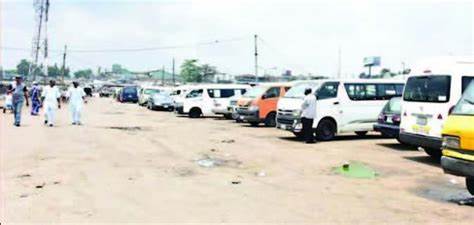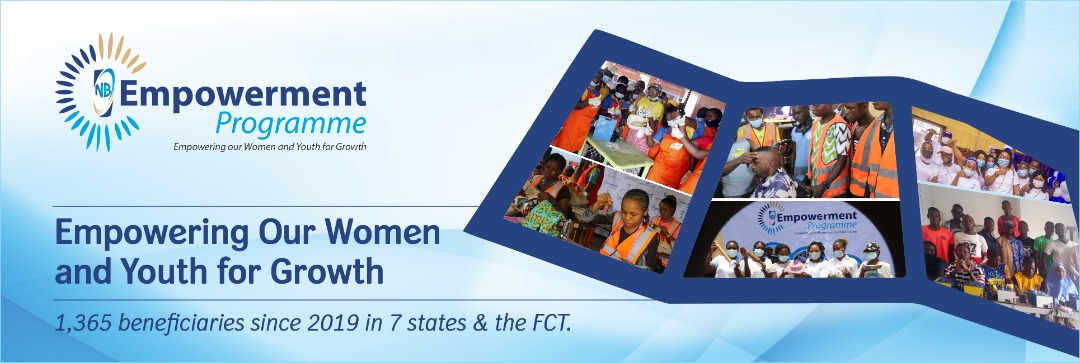Intercity road trips by car have been gaining popularity in Nigeria year after year. For the first time, inDrive.City to City, the country’s largest intercity travel service, has published a list of the most popular intercity destinations chosen by its users and with average costs for private rides.
Top-8 routes:
№1. Lagos <=> Ibadan: Bridging Nigeria’s economic powerhouses, it’s a route of rich heritage and booming business.
As major hubs, both cities contribute extensively to Nigeria’s GDP. This route aids in the movement of goods and services, fostering stronger business ties.
Both cities are laden with rich historical sites and cultural festivals, offering travellers a blend of urban life and tradition. The typical travel time is approximately 2 hours and 7 minutes. The average cost for a private trip (when you do not share the car with other fellow travellers like in carpooling) is about 14 000 NGN
№2. Lagos <=> Abeokuta: From rock peaks to beach views, it’s an economic and scenic journey.
Serving as an economic corridor, this route supports commerce and industrial activities. Abeokuta’s famous Olumo Rock and Lagos’s pristine beaches provide a diverse travel experience. The typical travel time is approximately 1 hr 43 min. The average cost for a trip is about N11,000.
№3. Lagos => Ijebu Igbo: A tapestry of trade, from Lagos’s lights to Ijebu Igbo’s traditional tales
This route enhances local trade, especially in agriculture and handicrafts. Ijebu Igbo’s traditional festivals and Lagos’s nightlife offer a wholesome journey for travellers. The typical travel time is approximately 2 hr 17 min. The average cost for a trip is about N12,000.
№4. Lagos <=> Akure: From Lagos’s hustle to Akure’s hills, it’s a blend of commerce and culture.
This facilitates the movement of agricultural produce to Lagos’s bustling markets. Akure’s serene environment contrasts with Lagos’s hustle, making it a favourite for relaxation. Tourists often flock to Akure’s attractions like the Idanre Hills, which offer a blend of adventure and cultural experience. The typical travel time is approximately 5 hr. The average cost for a trip is about N32,000.
№5. Lagos <=> Ilorin: Where crafts meet urban charms, it’s a testament to Nigeria’s diverse spirit.
Boosts the trade of artisanal products and crafts between these cities. The exchange of goods, services, and ideas between these cities amplifies cultural diversity and enhances economic growth. Ilorin’s rich Islamic heritage and Lagos’s metropolitan allure offer varied experiences. The typical travel time is approximately 5 hr. The average cost for a trip is about N33,000.
№6. Lagos <=> Sagamu: An industrial corridor echoing with cultural tunes, it connects factories with fanfare.
This route aids in the industrial and manufacturing sector exchanges. With its numerous industries, it is a hub for manufacturing goods that are often transported to Lagos for distribution. Sagamu’s cultural sites and Lagos’s entertainment hubs create an attractive travel mix. The typical travel time is approximately 1 hour. The average cost for a trip is about N7,000.
№7. Lagos <=> Benin City: Where history meets modernity, it’s a gateway to trade and tales of times past.
Economic Significance: Vital for trade in artefacts and agricultural commodities.
Leisure Travel: From Benin City’s historic sites to Lagos’s modern attractions, travellers get a taste of ancient and contemporary. The typical travel time is approximately 5 hr. The average cost for a trip is about N34 000.
№8. Lagos <=> Abuja: From Nigeria’s heart of governance to its business beat, it’s the lifeline of nation-building.
Being the political capital and the commercial hub, this route is crucial for governance and business interactions.
The architectural wonders of Abuja combined with Lagos’s vibrant street life offer a journey of discovery. Additionally, with Benin’s agricultural strength, commodities like rubber and palm oil are consistently in transit to Lagos. The typical travel time is approximately. The average cost for a trip is about N78,000.
This data not only underscores the economic vitality of these routes but also positions Nigeria as a burgeoning hub for tourism and commerce.
The growth in Nigeria’s intercity car trips is reminiscent of global regions with substantial intercity movements. ‘inDrive.City to City’ provides data that showcases the top routes, with Lagos taking a predominant position.
Each route offers a distinct mix of economic importance and leisure travel opportunities, emphasizing Nigeria’s rising prominence as a primary destination for both commerce and travel.
To discover more about inDrive.City to City, you can download the mobile app or plan your journey directly from a laptop using a web browser. For more details, please visit: visit the website.















